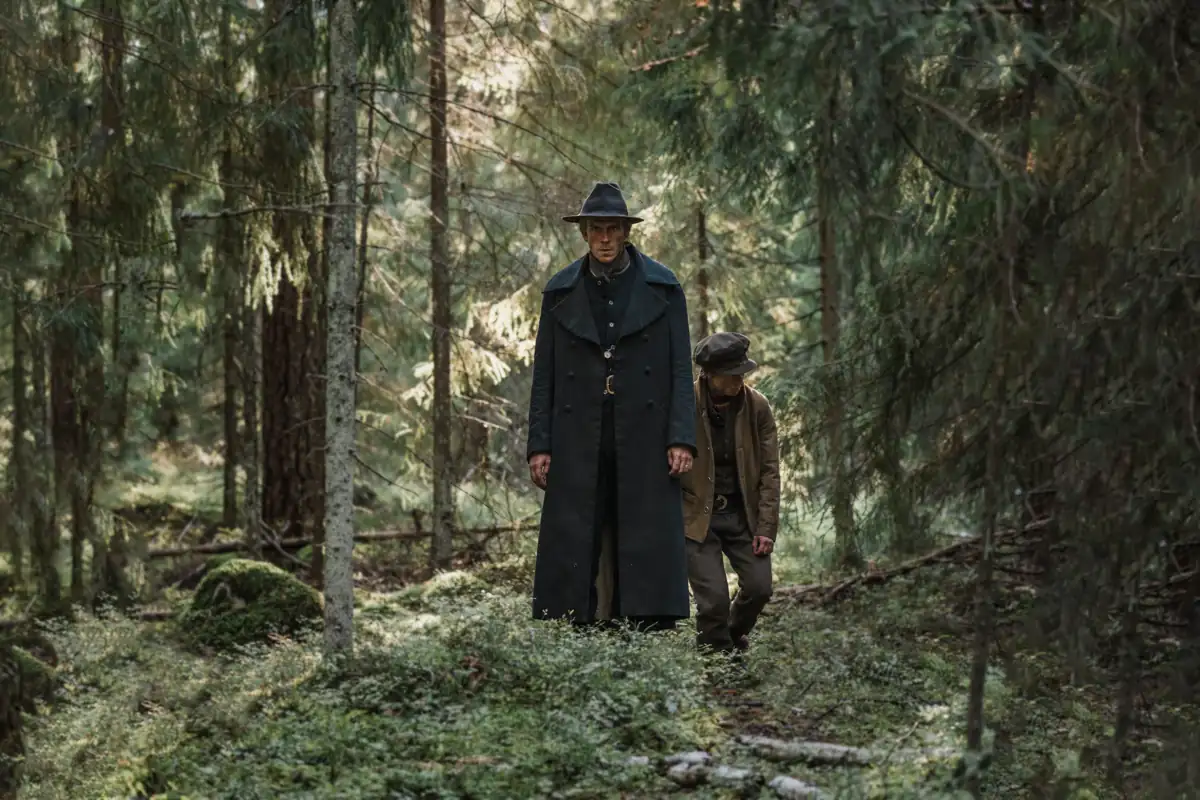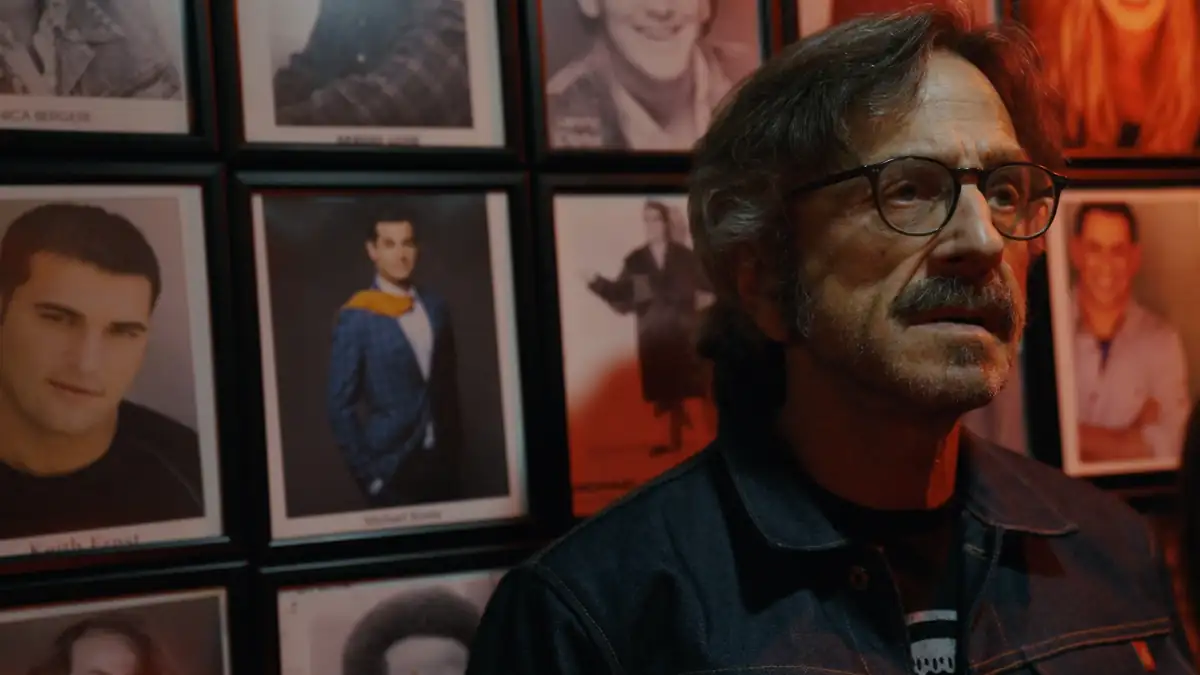F1 is a film that says more about the people who produced it than the subject matter itself.
It's a technical marvel that shows how hundreds of millions of dollars and incomparable access can create stunning images that mean absolutely nothing. It's the longest, most expensive advertisement ever made for a brand that doesn't need it. That applies equally to Formula 1 and Brad Pitt, both of whom are in frantic PR spin mode.
If all you want from a movie is to see handsome people wear expensive clothes in exclusive locales, while impressive cars drive extremely fast in dramatic races, chances are you'll love F1. In a way, it is a showcase for everything producer Jerry Bruckheimer does so well. There isn't a single frame that couldn't work as a printed ad for cars, perfume, clothes, or people. It's a film that makes Days of Thunder look downright subtle and muted.
On the other hand, if you want even a modicum of plot, character, or even real emotion from your films, you won't find it here. Underneath all the glitz and glamour, F1 is an empty husk without an ounce of personality or charm. It's a wax figurine of a film. You're meant to look at it and think how cool it must be to belong to this club, and not continue that through process any further.
The plot is a loosely collected series of cliches we've seen in countless of other sports films. Brad Pitt plays Sonny, an over-the-hill racing prodigy who never got a fair shake at things, despite being preternaturally gifted with anything that has tires and a steering wheel. At his lowest, he's approached by his old friend, Reuben (Javier Bardem), who offers him one last shot at glory at the Formula 1 championships. Reuben needs a teacher for his raw talent, Joshua (Damson Idris), and Sonny needs to prove to himself he still matters.
Simple and old-fashioned stories are not a problem. Great films have been made from tried and tested formulas before. Sports movies in particular are a fantastic genre to test out tropes, because the stories are not about the sport itself, but the people playing it. They're a metaphor for how to live, and we're drawn to these simple lessons time and time again.
F1 does aim for that simplicity, and it deserves credit for the few sparse moments that work. When it settles into a rhythm of the old guard learning the ways of the new world – and naturally forcing their older, better ways back into it – there's an undeniable charm to the process. It helps that Pitt and Bardem share a natural chemistry together, and director Joseph Kosinski knows which beats to emphasize for the most laughs and emotion.
None of it is new, but it is expertly crafted. If F1 was 90 minutes in length, it would be near-perfect traditionalist cinema. A dad movie for all time.
Instead, it continues for almost another hour, with disastrous results.
That's because, ultimately, F1 isn't about the sport, nor the people, or any life lessons it might toss out along the way. It's a movie about hero worship, specifically the deification of Brad Pitt.
There isn't a single moment in the film that doesn't serve to remind us how great Pitt's character, Sonny, really is. Sure, he's been out of the F1 circuit for 30 years, but he takes one look at the car, designed by former space engineer Kate (Kerry Condon), and knows how to fix it. The film goes out of its way to present Kate as a genius, yet immediately follows it up by calling her design a "shitbox" in every scene, until Pitt tells her how to do the job properly.
Later, Pitt seduces Kate, not out of love, but because she's a trophy like everything else. It's played for laughs, but it comes off as crass and sexist, especially as Condon's dialog is reduced to giggling like a lovesick school girl and fawning at Pitt at the garage.
Elsewhere, a bumbling mechanic – also the only woman on the team – is instantly inspired to do better after some affirmative words from Pitt in a makeshift bathtub.
It's gross, dated, and adds nothing to the already lengthy movie. At its worst, the film delivers a scene where Pitt meets with another group of minority racers, somewhere in the desert, who are looking for a driver. Pitt admits he's never driven this car nor race ever in his life, but we're left with the sly implication that he's going teach them a lesson or two about driving nonetheless.
It gets dangerously close to a white savior fantasy. It's already boomer competency porn. A power trip that might as well be set in the far reaches of space, because it has no bearing on reality.
During the PR campaign, the producers have repeatedly said this isn't a film for F1 fanatics. It takes massive liberties with the sport. Especially as every race seems to end with at least one death-defying crash. I can't help but wonder who it's made for, then. It's long and meticulous about the imaginary elements that go into the race. It fetishizes every element of the superficial glamor, and it minimizes the actual work of the engineers behind these vehicles.
What's left is a series of expertly put together images, combined with a thrilling score and beautiful people. Like any advertisement, the moment you think about it for even a second, the illusion falls apart. How much one can enjoy a gorgeous facade with nothing behind it is entirely up to the viewer.













